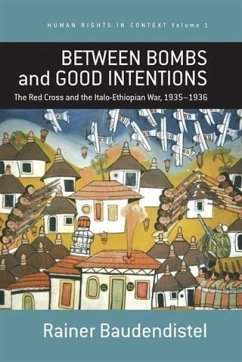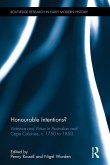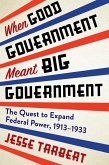The wars in Afghanistan and Iraq have highlighted again the precarious situation aid agencies find themselves in, caught as they are between the firing lines of the hostile parties, as they are trying to alleviate the plight of the civilian populations. This book offers an illuminating case study from a previous conflict, the Italo-Ethiopian war of 1935-36, and of the humanitarian operation of the Red Cross during this period. Based on fresh material from Red Cross and Italian military archives, the author examines highly controversial subjects such as the Italian bombings of Red Cross field hospitals, the treatment of Prisoners of War by the two belligerents; and the effects of Fascist Italy's massive use of poison gas against the Ethiopians. He shows how Mussolini and his ruthless regime, throughout the seven-month war, manipulated the International Committee of the Red Cross (ICRC) - the lead organization of the Red Cross in times of war, helped by the surprising political naïveté of its board. During this war the ICRC redefined its role in a debate, which is fascinating not least because of its relevance to current events, about the nature of humanitarian action. The organization decided to concern itself exclusively with matters falling under the Geneva Conventions and to give priority to bringing relief over expressing protest. It was a decision that should have far-reaching consequences, particularly for the period of World War II and the fate of Jews in Nazi concentration camps.
Dieser Download kann aus rechtlichen Gründen nur mit Rechnungsadresse in A, B, BG, CY, CZ, D, DK, EW, E, FIN, F, GR, HR, H, IRL, I, LT, L, LR, M, NL, PL, P, R, S, SLO, SK ausgeliefert werden.









